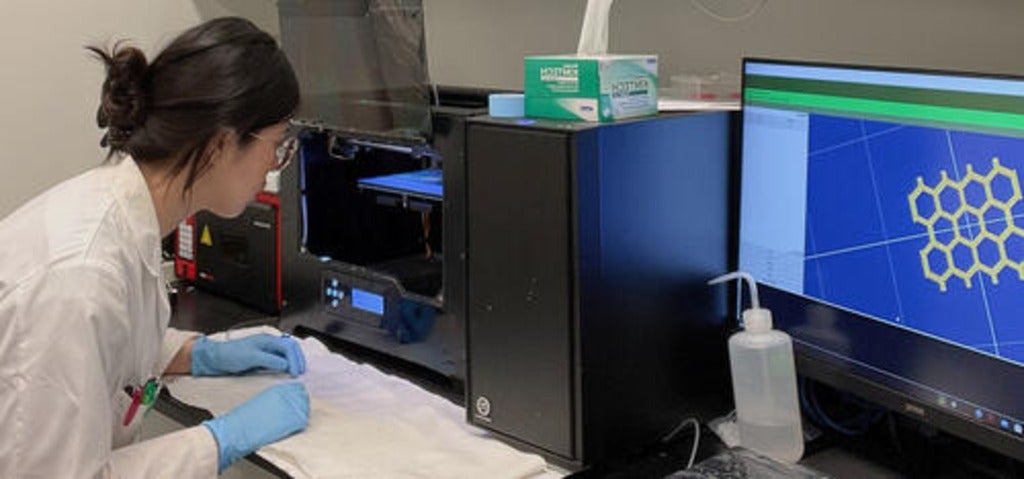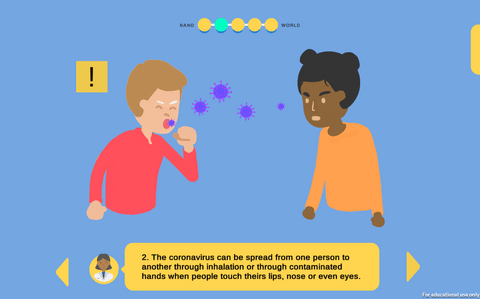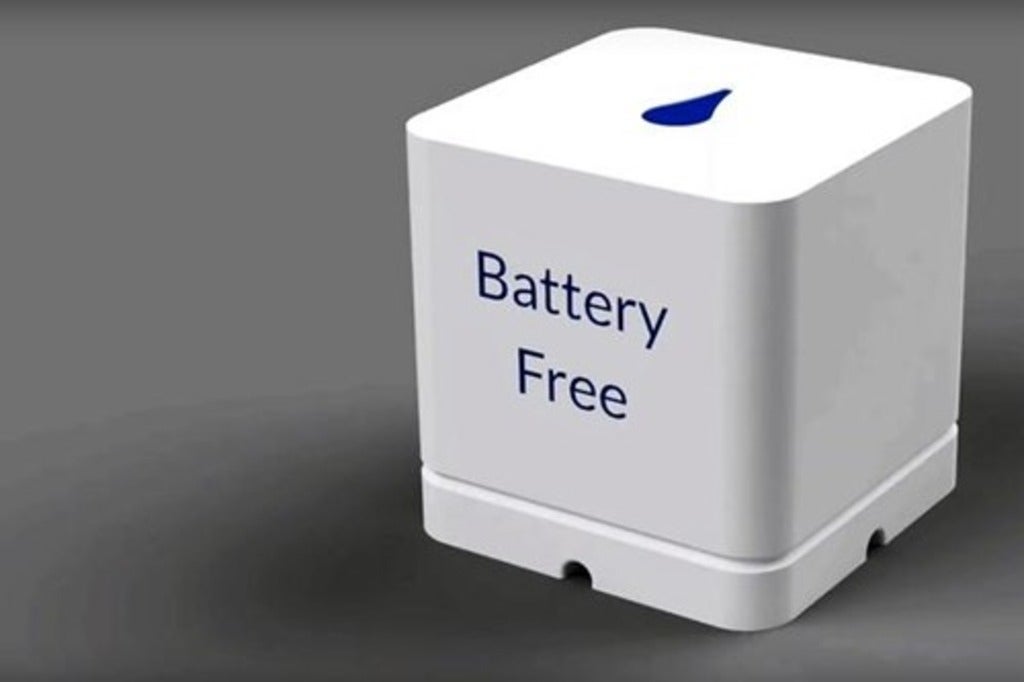Developing inks to 3D print cells and tissue structures
To a scientist, trial and error are common in laboratories to refine new tests and methods and look for potential problems on the small scale. But what happens when these techniques are meant for human tissues, such as for surgeries, medical tests, and treatments, where multiple different trials are not possible?









